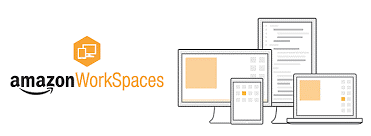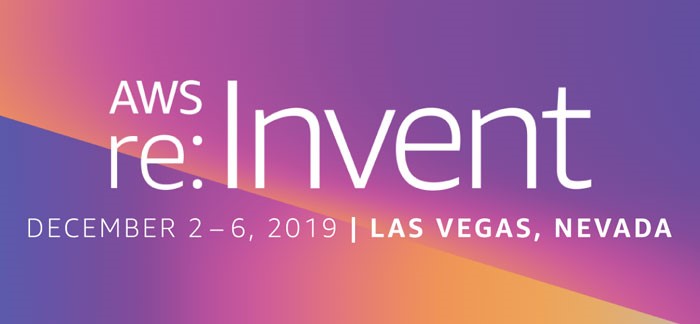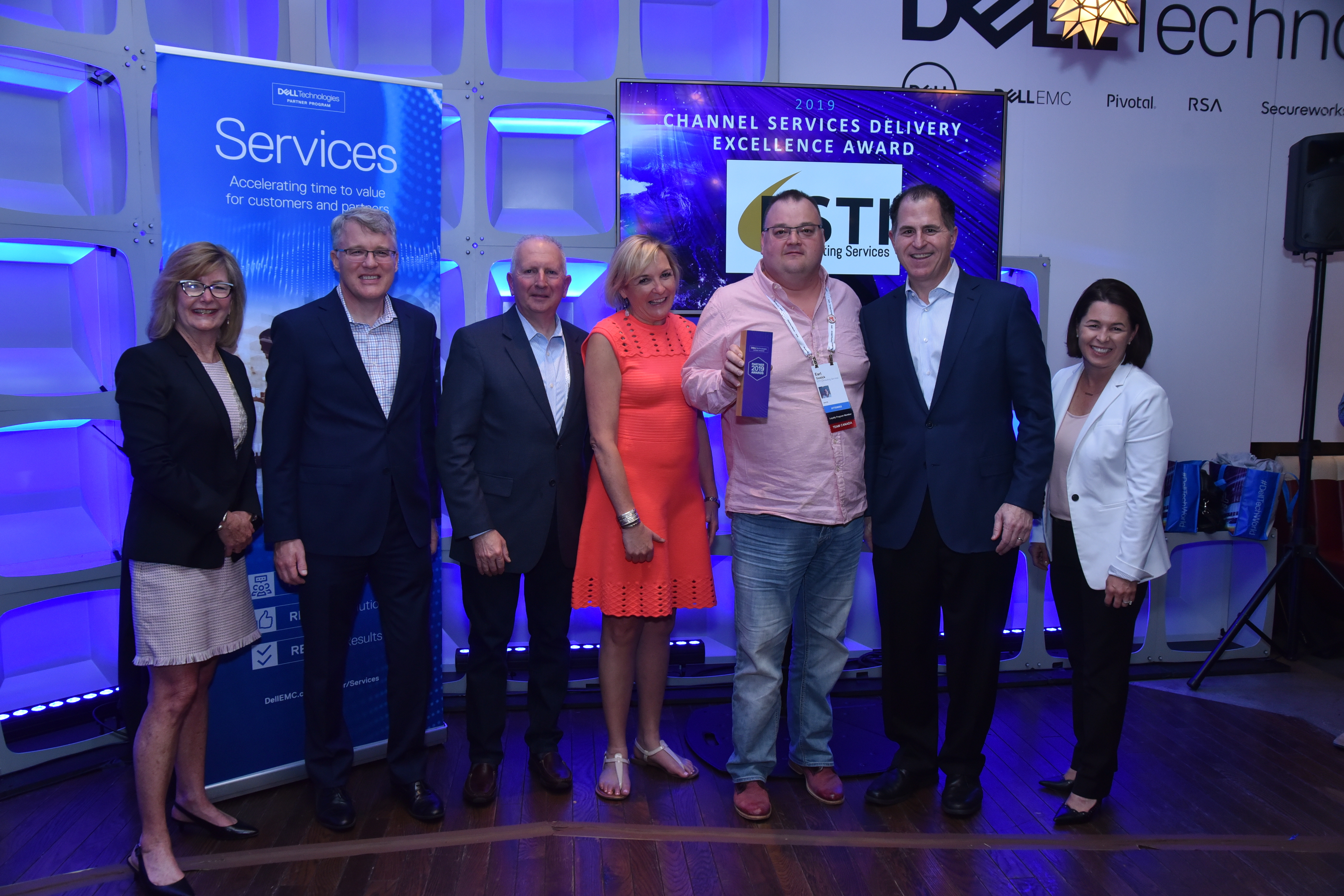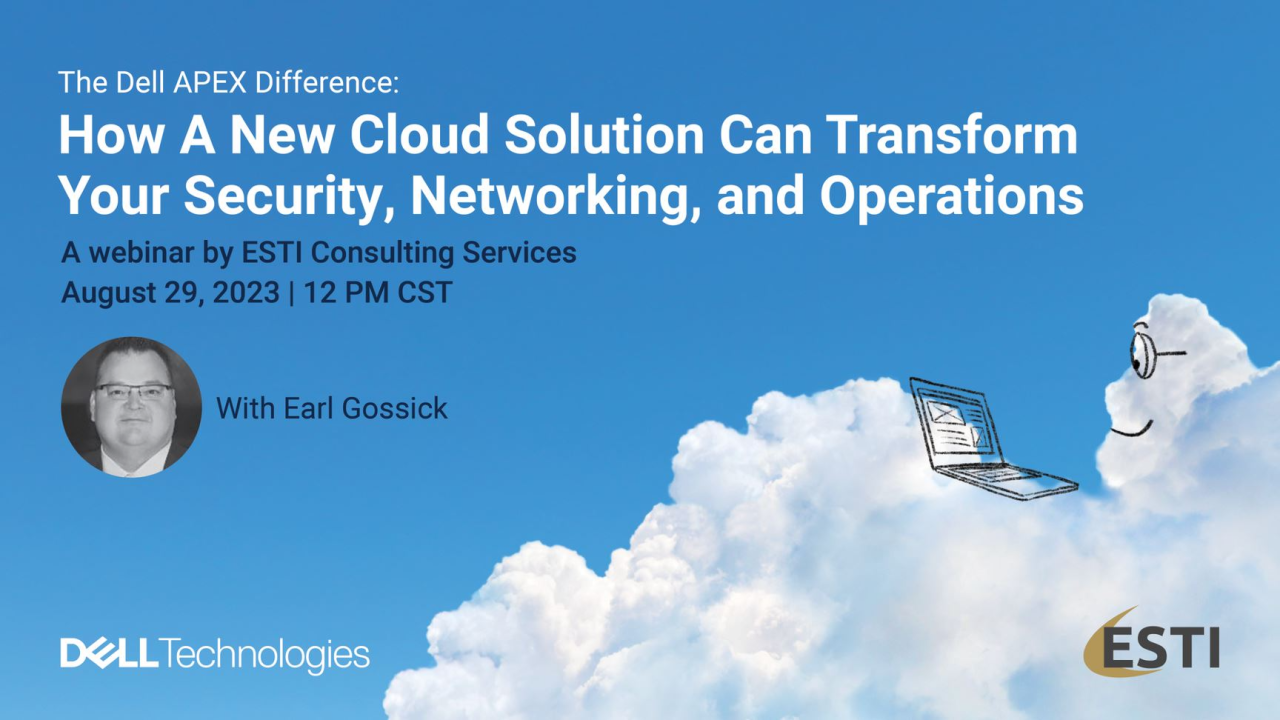Courage is being scared to death - but saddling up anyway. - John Wayne (1907 - 1979)
Paper! Most of us complain about handling too much paper in our jobs, doing paper work, filing paper, or worse, trying to find it again later. But threaten to take away the paper and many of us get 'scared to death'. "How will I work?" we ask. I need that paper to do my job!
The paper in an office can also be worrisome for a company; what if it is lost, accidentally thrown out, or worse, what if there is a fire in the building and the sprinklers come on? what will we do?
Healthcare Employees Pension Plan (HEPP)/ Healthcare Employees Benefit Plan (HEBP) decided it was time to take firm control of the paper by eliminating it from day-to-day use. Instead of filing the paper into folders the paper would be scanned and stored in a computer database. The many benefits made the decision easy: backup of all 'paper' could be done nightly, office space could be reclaimed once the filing cabinets were empty, no more 'lost' files to name just a few.
ESTI's own Green File application would be the front end, but how to get all the paper (estimated at 1.3 million pieces of paper) scanned and into the database? After evaluating a number of options, a local Winnipeg bulk scanning company was selected to do the job.
Both HEPP and HEBP wanted to 'go first', but it was decided that HEBP would be the best choice as they had the smaller portion of the paper. They prepared the staff, and began sending the paper off site for scanning, starting with the A's. Some days it was difficult, especially if a file was needed but it was gone for scanning. With a 3 day turn around time (the time between when the paper left the office and the time when the CD of images was returned) it was rarely a problem.
330,000 pieces of paper and 4.5 months later, all the HEBP paper was scanned and in the database.
With imaging complete the last hurdle was getting used to being 'paperless'. There is a lot to it. It isn't just a matter of no more paper, but in the end all procedures needed to be evaluated and revamped. Through all the turmoil work continued and the staff learned new ways of getting their work done. One of the 'problems' with going paperless is that now the time required to find a file and open it is measured in seconds rather than minutes or hours, and although call backs are now rarely required, staff have to get used to having the caller wait a few seconds while the correct file is opened.
Congratulations to HEBP for 'leading the way'. HEPP is following your lead and is currently 16% of the way to completion.
What the staff have to say
Before:
I was looking forward to having less paper to deal with. I thought that it would be great to not have to look for files.
After:
As with any new system, there have been a few glitches, but I really like that the information is always available. Adapting to new way of 'flipping' through the paper has taken some getting used to. The seconds that pass when you are waiting for a file to open can feel like a long time when you have someone on the phone.
Before:
There were the usual concerns about how would it work, and would it really help me.
After:
I really like always knowing where my files are and that they are just a click away. The flip side is the dealing with the time it takes to 'flip' through a file.
Before:
PANIC! I am going to lose control! It will be terrible.
After:
The time saved from chasing files is enormous. It was so easy to learn and begin using. The fact that processing a file can now happen concurrently, when before the file had to physically move from person to person, has saved us weeks of processing time on each file. Another unexpected bonus is that reading some of the handwriting that we have is actually easier on screen that it is from the paper. This whole process has been awesome.




